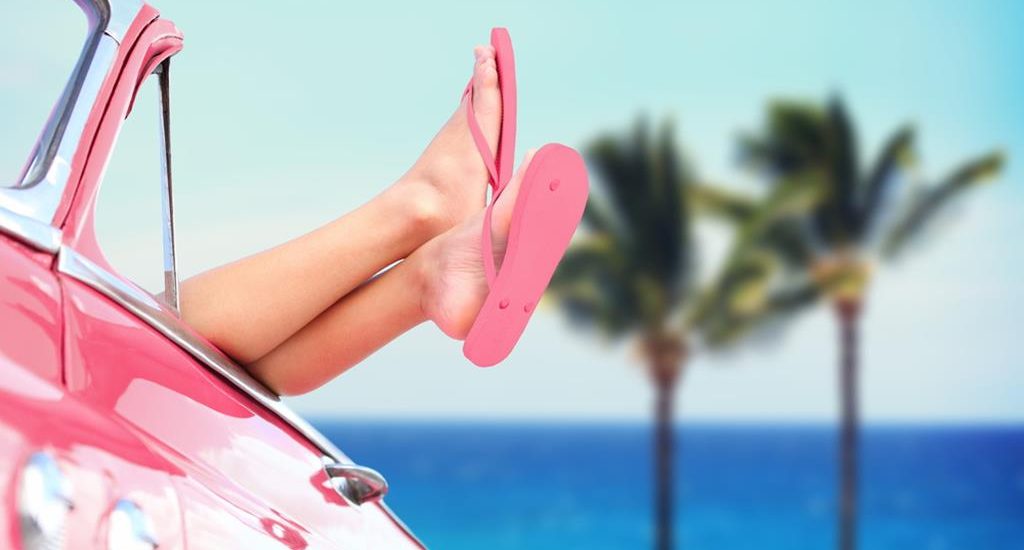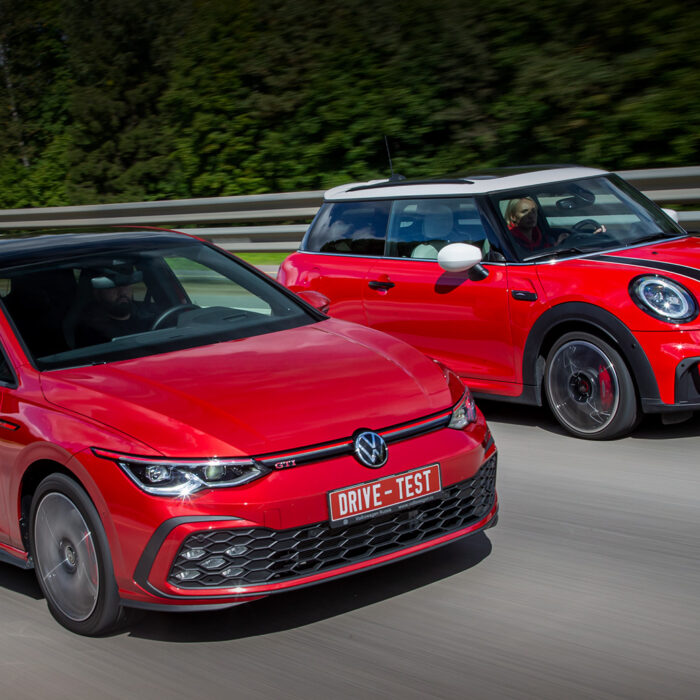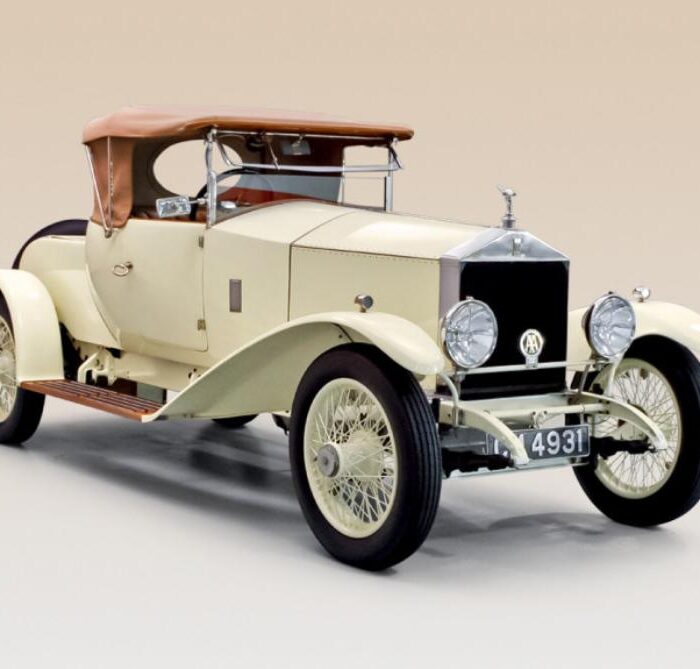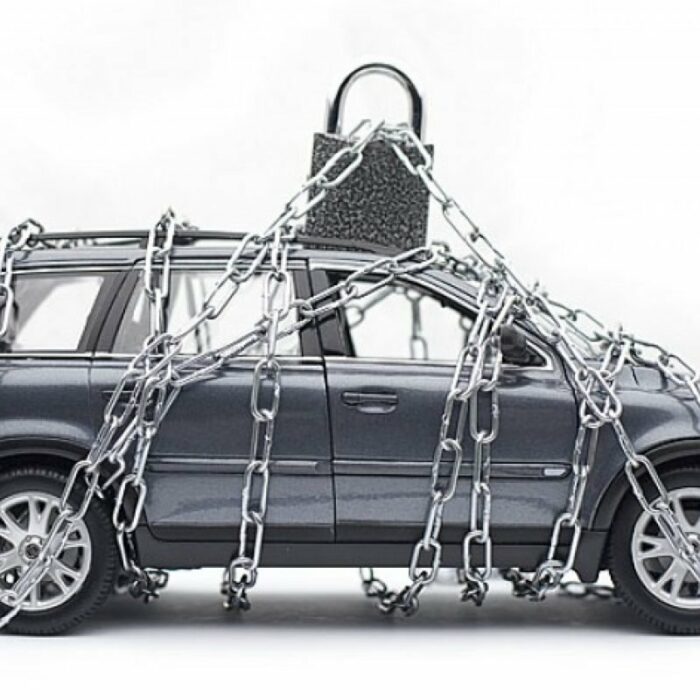Hot Weather Increases Car Accident Risk
Summer heat poses significant challenges for both drivers and vehicles. High temperatures create dangerous driving conditions that dramatically increase accident risk. When temperatures exceed 28°C (82°F), driver performance deteriorates significantly. Heat stress causes drowsiness, reduced alertness, slower reaction times, and dangerous pressure changes in the body.
Critical safety statistics show that when cabin temperatures reach 40°C (104°F), car accident risk increases by 33%. Vehicle components also suffer under extreme heat, including reduced tire grip and compromised mechanical performance. Understanding these risks and preparing accordingly can prevent serious accidents during summer road trips.
Essential Summer Driving Tips for Drivers
Proper Clothing and Hydration
- Wear light-colored, natural fabric clothing to promote air circulation and prevent overheating
- Drink a glass of tomato juice before trips to restore salt-water balance
- Eat fresh cucumber and tomato salads for natural electrolyte replacement
- Avoid fatty foods and excessive sweets that can worsen heat stress
Hydration Strategy During Hot Weather Driving
Dehydration occurs rapidly in hot weather, causing the body to lose water and essential salts. This can trigger muscle micro-spasms and reduced alertness – both dangerous while driving.
- Keep mineral water bottles in your vehicle at all times
- Take several sips every 10-15 minutes while driving
- Choose unsweetened fruit drinks or green tea as alternatives
- Rinse face and hands with cool water during stops
Emergency Cooling Techniques
- Keep a towel in your car – moisten it and place on your neck for instant cooling
- Recognize heat exhaustion symptoms: sudden weakness, headache, excessive sweating, nausea, muscle cramps
- Elderly drivers should avoid travel when temperatures exceed 30°C (86°F) due to cardiovascular risks
Heat affects drivers both physically and psychologically, causing mood changes, increased aggressiveness, and irritation. If experiencing heat exhaustion symptoms, immediately stop driving, seek shade, call for medical assistance, loosen tight clothing, and pour water on your body to reduce temperature.
Smart Car Parking Strategies in Hot Weather
Proper parking prevents serious heat damage to your vehicle and ensures safer driving conditions.
Heat-Related Car Damage
- Window glass: Becomes extremely hot; rapid air conditioning can cause thermal stress and cracking
- Paint coating: Fades unevenly in sunlight, creating permanent spotted appearance
- Dashboard plastic: Can melt when temperatures exceed 70-80°C without protective shields
Optimal Parking Solutions
- Choose covered parking garages whenever possible
- Park under protective overhangs or natural shade
- Use reflective sunshades and window films
- This is especially critical for vehicles without air conditioning
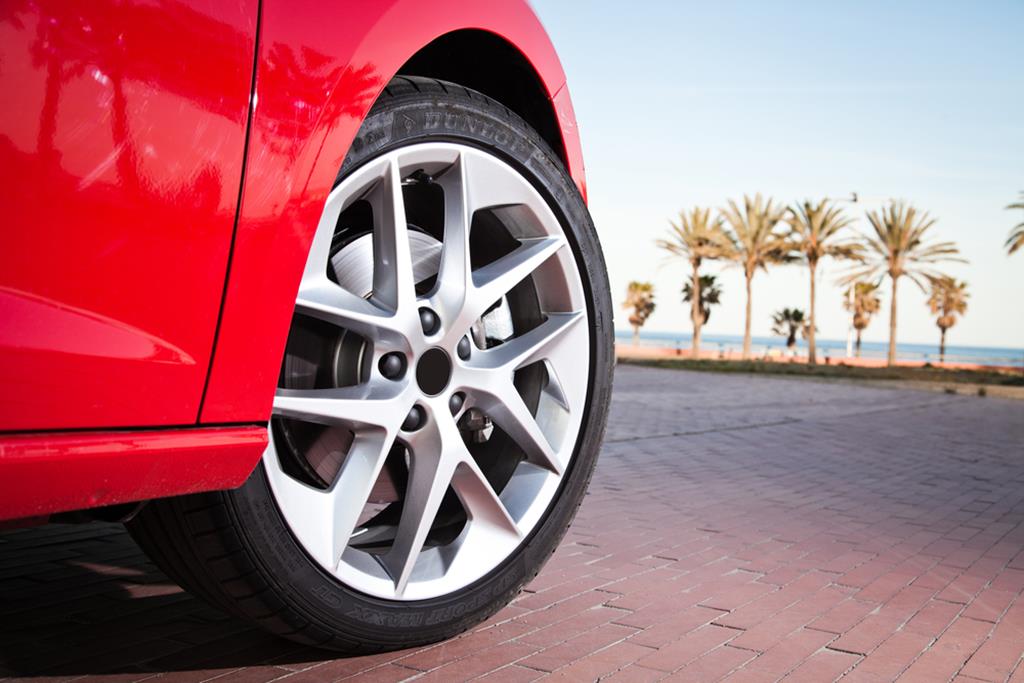
Vehicle Maintenance Tips for Hot Weather Driving
Engine Temperature Monitoring
- Constantly monitor your temperature gauge while driving
- If the arrow reaches the red zone, immediately turn off air conditioning
- Find shade and allow engine to cool before continuing
- Red zone indicates imminent engine damage or coolant system failure
Common Cooling System Problems
Engine overheating is the most serious summer driving hazard. Major cooling system failures include:
- Coolant leakage
- Water pump and thermostat failure
- Cooling fan malfunction
Factors That Reduce Cooling Efficiency
- Dirty radiator cores blocking airflow
- High engine load operation
- Stop-and-go traffic conditions
- Off-road driving conditions
- Air conditioning compressor adding engine load
Brake System Hot Weather Precautions
- Ensure brake fluid meets manufacturer’s boiling temperature specifications
- Replace brake fluid before summer – it absorbs moisture and loses effectiveness
- Avoid hard braking – overheated brake components lose stopping power
- Watch for increased brake pedal effort – indicates overheating
Safety warning: Never keep lighters, aerosol sprays, or pressurized containers in hot vehicles – they may explode under extreme heat.
Pre-Trip Summer Vehicle Preparation Checklist
Battery and Electrical System
- Replace batteries over 3 years old – extreme temperatures reduce performance
- Older batteries react poorly to temperature extremes
Cooling System Professional Inspection
- Schedule professional cooling system inspection if not checked within 2 years
- Air conditioning loses 10% coolant capacity annually
- Professional check costs approximately €100 – system replacement costs significantly more
- Ensure radiator contains fresh coolant, not plain water
- Check for corrosion damage
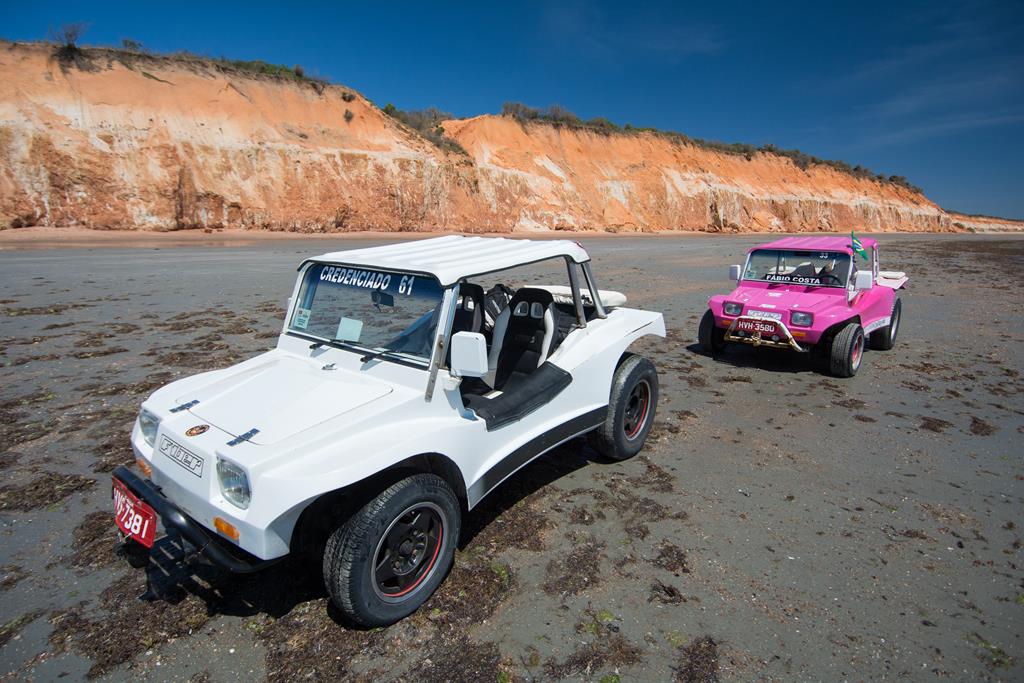
Tire Safety for Hot Weather
- Monitor tire pressure before long trips – heat increases pressure
- Inspect for wear patterns and visible cracks
- Worn or damaged tires can explode in extreme heat
- High-speed tire failure can cause serious accidents
Following these summer driving safety recommendations will make your hot weather travels more comfortable and significantly safer. Remember to obtain your International Driving License (IDL) before traveling abroad – apply in advance and keep it readily accessible during your journey.

Published January 22, 2018 • 4m to read

